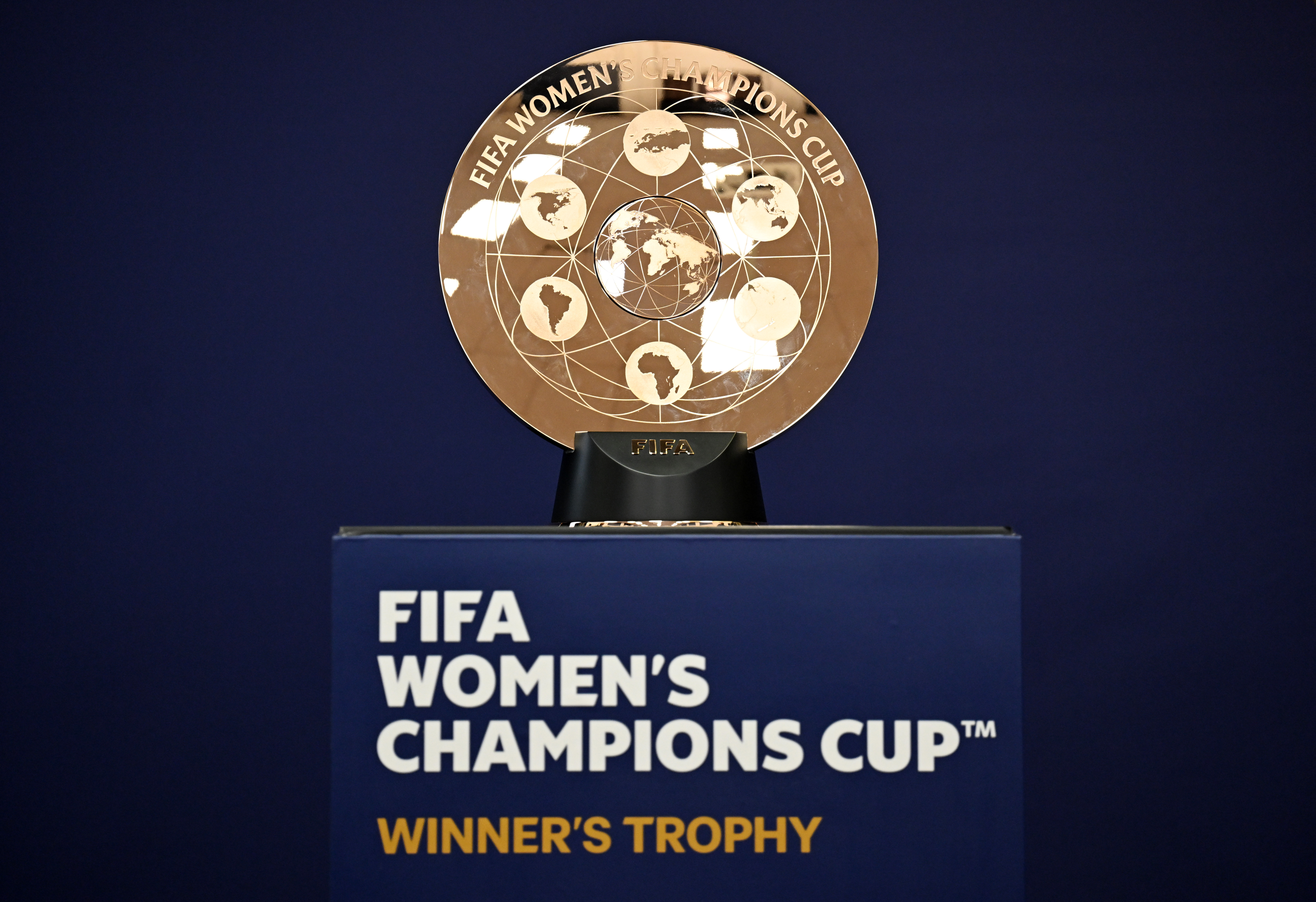Branislav Ivanovic: Attack is the best form of defence
Chelsea’s marauding Serbian shares the secrets to his goalscoring exploits from full-back – and reveals to FourFourTwo why he always steers clear of the gym
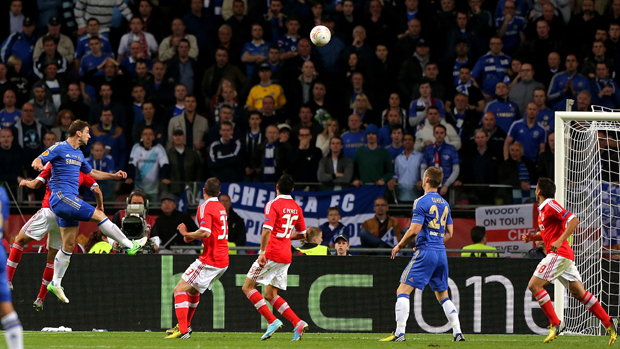
Exploit the oppo’s flaws
“I played as a striker at youth level, which has helped me sense how the ball will bounce or fall after being deflected. I’ve also learned how to use elements of my defensive play when attacking. For example, when I’m marking a player, I always try to find his weak spot – if it’s his left foot, I will try to lure him on that side and close his right side. So when I enter the opposition box, I’m also looking for weak spots that defenders have, while trying to mask my own flaws, which they could use to stop me.”
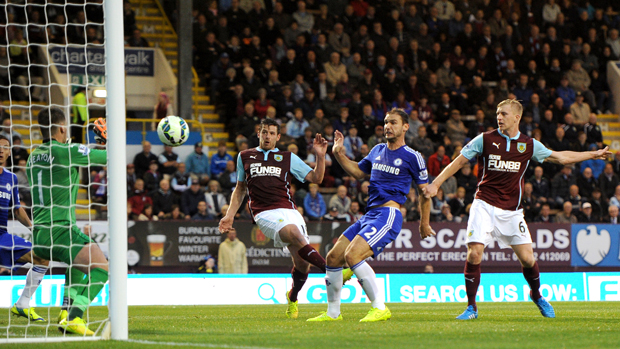
Focus on the finish
“You have to be focused on the ball, but at the same time stay focused on your position, so stay cool for the whole duration of the attack as you never know what might happen. An attack might look completely hopeless, but I have scored many of my goals from seemingly lost chances. When I was younger, I used to find myself in a lot of goalscoring positions, but I wasn’t as efficient as I am now. I used to ‘see’ the ball in the back of the net even before I touched it. Now I don’t – I stay concentrated until the very end.”
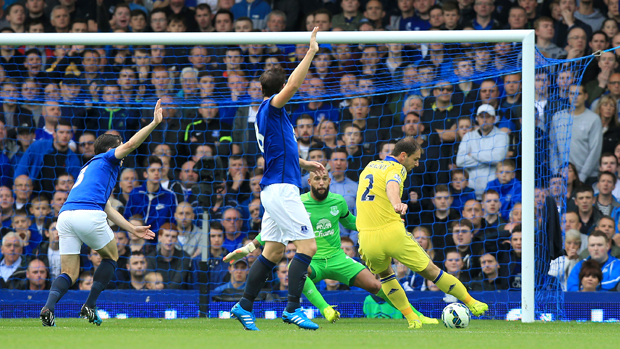
Ensure you time it right
“Timing is absolutely key. A badly chosen moment to join the attack could spell disaster for your team. You always have to be aware of your team-mates’ strengths and estimate whether they can cover the space you’re leaving behind when you join the attack. Equally, if one of your defensive partners decides to go upfront you have to be ready to react and cover the space for him at the back. It’s all about making sure you time it right because the duties of a defensive player are really complex.”
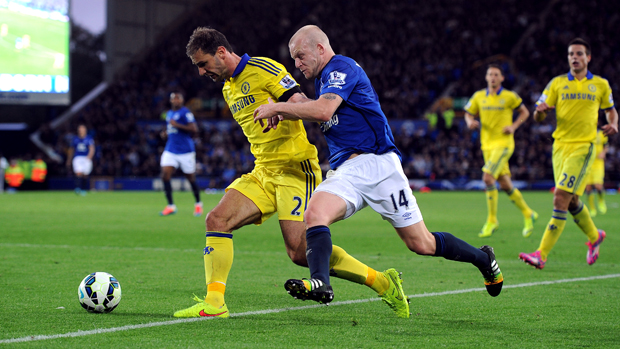
Tune your machine
“Physical strength and endurance are extremely important, especially for full-backs. We’re required to run up and down the pitch all the time – we repeat our runs for the full duration of the game and need to participate in both the attacking and defensive plays. Full-backs have to cover space, mark and challenge the opposing players, so it’s important to build up your fitness during pre-season and maintain it through the season itself. But what you must also bear in mind is that recuperation and rest are equally important as fitness training.”
The best features, fun and footballing quizzes, straight to your inbox every week.
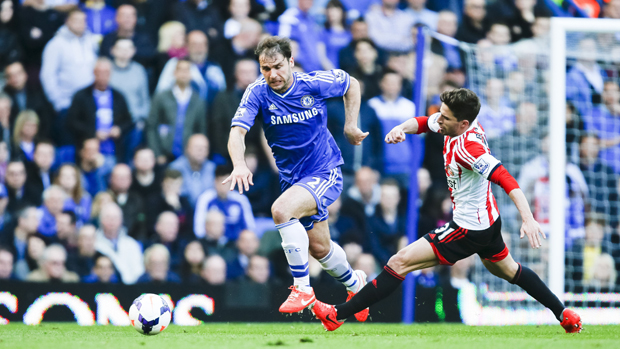
Sharpen your shooting
“I practise shooting a lot during training sessions at Chelsea. It’s something I have really improved on lately. But I also believe that shooting is a natural gift – one that you are born with. Talent is crucial for scoring goals, as opposed to some other footballing skills, which are mainly learned as you progress as a player. However, I still believe you can take your finishing to the next level by putting in plenty of practice on the training field. That’s why I put in hard work on my shooting every day: because I want to see the results in the match.”
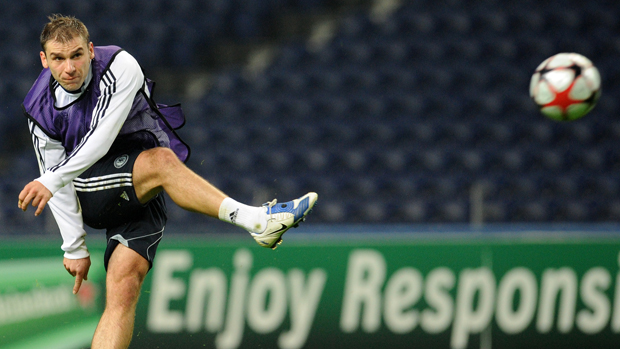
You don’t need the gym
“If I’m honest, I never go to the gym. I know that might sound incredible when you look at my physical shape and natural fitness, but it’s true. At Chelsea working out in the gym is not obligatory for players, but it’s encouraged. It all depends on the individual, because some players really need it and others don’t. Some Chelsea players regularly work with weights, but I never do. I like my drills to be varied and sometimes I feel the need to work on a specific group of muscles, but I do it all through normal, simple exercise.”
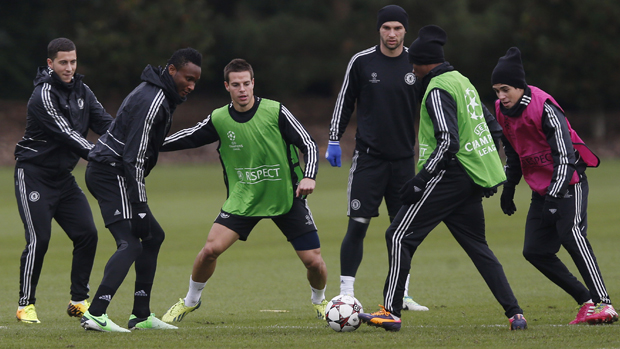
Recommended for you:
Bombing forward for full-backs
Micah Richards: How to raid from deep
Glen Johnson: The attacking full-back
 Join The Club
Join The Club





